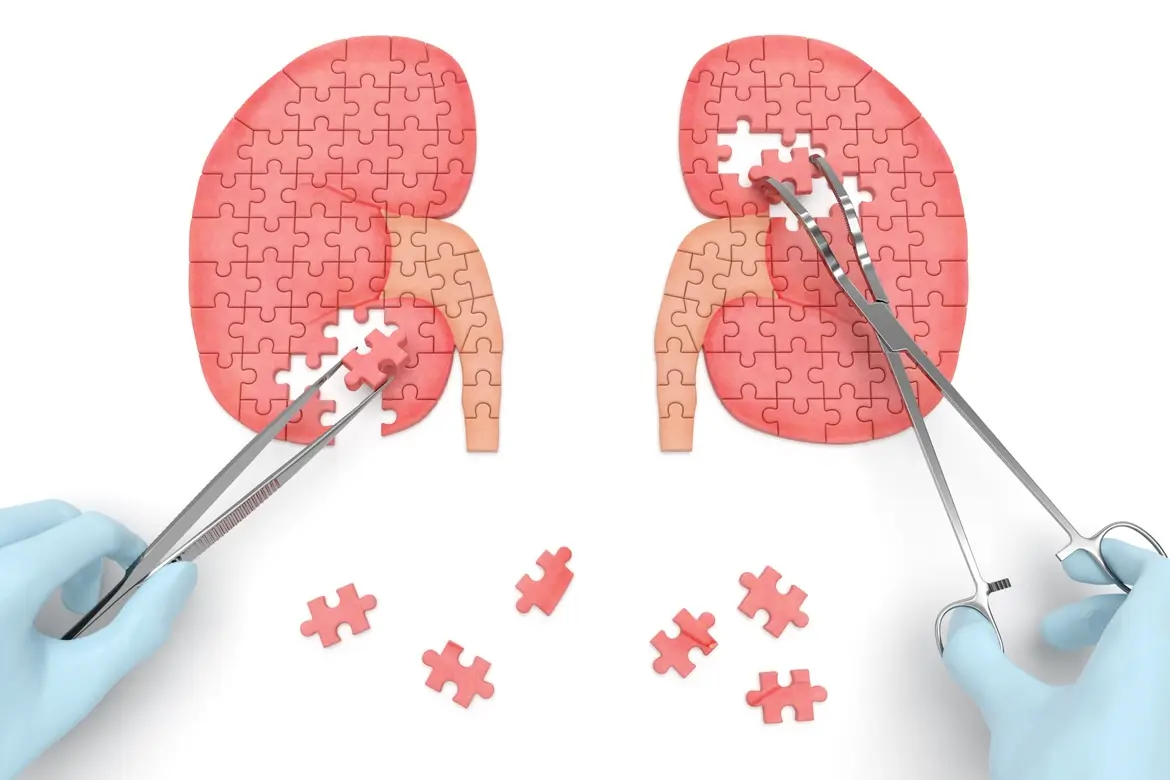Dr Wong Yuet Chen Michael
Urologist


Source: Shutterstock
Urologist
Sometimes, kidney stones pass on their own without treatment. But if yours get stuck, you can opt for a kidney stone removal procedure. An Integrated Shield Plan can also give you peace of mind by covering for your medical costs so you can focus on recovery.
Kidney stones are hard, lumpy deposits of salt, calcium or other minerals that form inside the kidneys. They are also known as renal calculi, nephrolithiasis or urolithiasis.
Kidney stones can develop due to certain diets, excess body weight, some medical conditions and certain supplements and medications. Often, the stones form when urine becomes concentrated, allowing minerals to crystalise and stick together.
Kidney stones can affect any part of the urinary tract, from the kidneys to the bladder. Passing these stones can be quite painful. You would usually only need some pain medication and drink lots of water to pass a kidney stone. In rare instances, surgery may be needed if the stones get lodged in the urinary tract or cause complications.
There are several possible causes, including:
If you have kidney stones, you may experience pain in your back, pain when urinating, an urgent need to urinate, or even blood in your urine. If a kidney stone develops into an infection, you may also experience a fever and chills.
It's important to remember that anyone can develop a kidney stone at any time. If you suspect you have kidney stones, you should consult your doctor for a formal diagnosis.
The pain of passing a kidney stone is sometimes compared to childbirth. If you'd rather not put yourself through that, the good news is that kidney stone removal is quite straightforward. And if you have an Integrated Shield Plan that covers private hospitals and a full rider*, you won't have to pay a cent if you opt for treatment at Mount Elizabeth Hospitals.
Nowadays, the most common form of kidney stone removal is extracorporeal shock wave lithotripsy (ESWL), especially for smaller stones. This procedure uses sound waves to break the kidney stones into smaller pieces, which means it's easier to pass them through your urinary tract naturally.
An ESWL takes around 45 minutes, and is usually done as a day procedure. You'll be given painkillers or general anaesthetic to relax you before the procedure takes place, as well as to minimise any discomfort during the process.
ESWL is a relatively low-risk procedure, which usually removes kidney stones completely. It's also non-invasive, which means you don't need surgery and you should recover much quicker than you would otherwise.
As it's a day procedure, you should be in and out of the hospital fairly quickly, with an average of 2 hours set aside for recovery time. You may see traces of blood in your urine for a few days after treatment, and you will most likely be able to resume normal activities shortly after treatment. Possible side effects associated with kidney stone removal, such as infection and internal bleeding, are also very rare.
If a kidney stone is proving to be particularly troublesome, a ureteroscopy may help to gently remove it.
Your doctor will insert a thin tube through your urethra and into your urinary system before using a laser or special tool to loosen the stone and break it up into smaller pieces. You'll be asleep during the procedure, so you won't feel any pain.
Other potential options include a minimally invasive percutaneous nephrolithotomy (PCNL), in which a special instrument is inserted into your kidney through a small incision (0.5cm in diameter) in your back, or more rarely, open surgery.
If your kidney stones are small, you may be able to pass them without needing any invasive treatment. The following would be helpful to pass the kidney stones:
Drinking as much as 1.8 – 3.6 liters of water a day will keep your urine dilute and prevent stones from forming.
Pain relievers such as ibuprofen or naproxen sodium may be helpful to relieve mild pain when passing a small stone.
In some cases, medications may be needed to help to pass kidney stones. These medications are known as alpha blockers and work to relax muscles in the urinary tract to help you pass the stone more quickly and with less pain. Examples of alpha blockers are tamsulosin and the combination of dutasteride and tamsulosin.
You can make several changes to your lifestyle to reduce your risk of developing kidney stones. These include:
Some medications may be helpful for people with certain kinds of kidney stones. Your doctor will prescribe the appropriate medication for you based on the type of kidney stone you have.
Your doctor will recommend the best treatment option for you based on factors like size, location and hardness of stones.